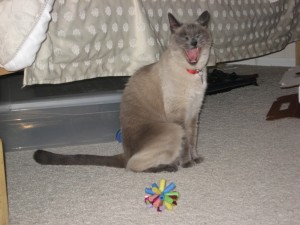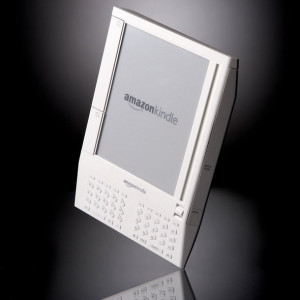Digital book sales, aka e-books, continue to soar.
According to the AP and other news reports, Random House has announced that they are digitizing thousands of additional books. Excerpts will be available online.
This move comes in the wake of the explosive growth of Amazon.com’s Kindle reader, which Oprah put on the map. I haven’t tried the Kindle yet, but if I’m lucky, maybe I’ll wind up on Santa’s list for it this year.
In general, it sounds like the heads of the book publishing industry must read the pixels on the wall and embrace ebooks, or risk becoming that industry’s next version of Detroit’s Big Three.
Of course, buried in the recent news reports about rise of e-books was the caveat that digital book sales represent only a thin slice of publishing’s pumpkin pie–estimated to be about one percent. But I’m old enough to remember when Japanese car makers had only a small piece of the American automobile market. Today, they’re cleaning our clock.
I do love the idea of being able to sample book excerpts and audio books online. That’s a powerful “sales lead-in” that’s going to encourage hard-core hardback book readers like me to jump aboard the e-book wagon.
I think it’s time for all of us to stop mourning the nongrowth of paper book sales, and celebrate the new digital age. It’s the future. Let’s embrace it. For example, last week when I posted, I was freaking out about the changes in the industry. This week, I have decided to reframe my thoughts about the book publishing crisis, and seek out the hidden opportunities in those changes.
Because ready or not, the digital era is here.
So what about you? Are e-books in your library yet? Have you asked Santa for a Kindle?
Update: Speaking of changes in the industry–in the comments, Joe alerted us to the fact that Houghton Mifflin has told its editors to stop acquiring manuscripts. Here’s a link to the article.


